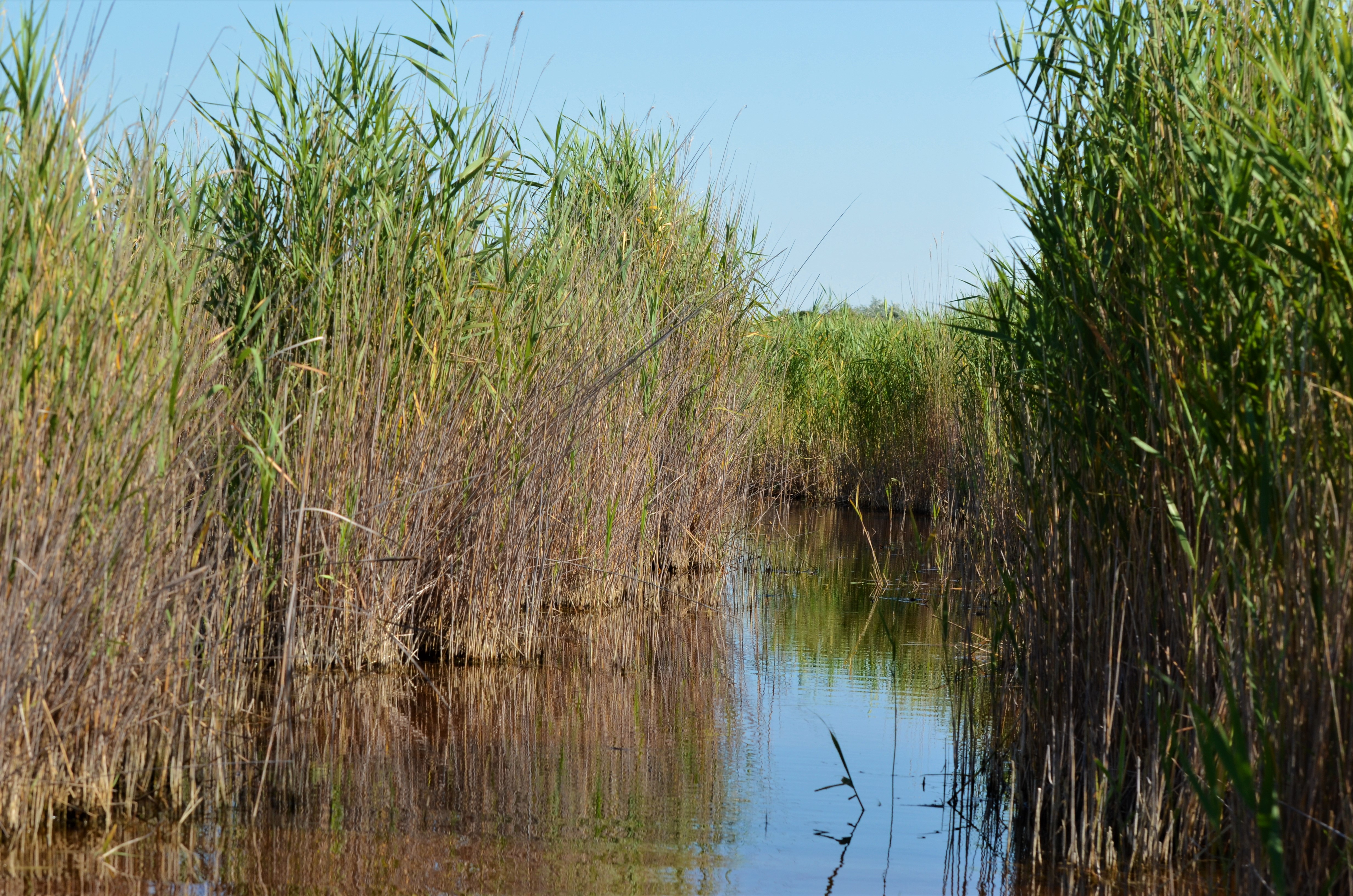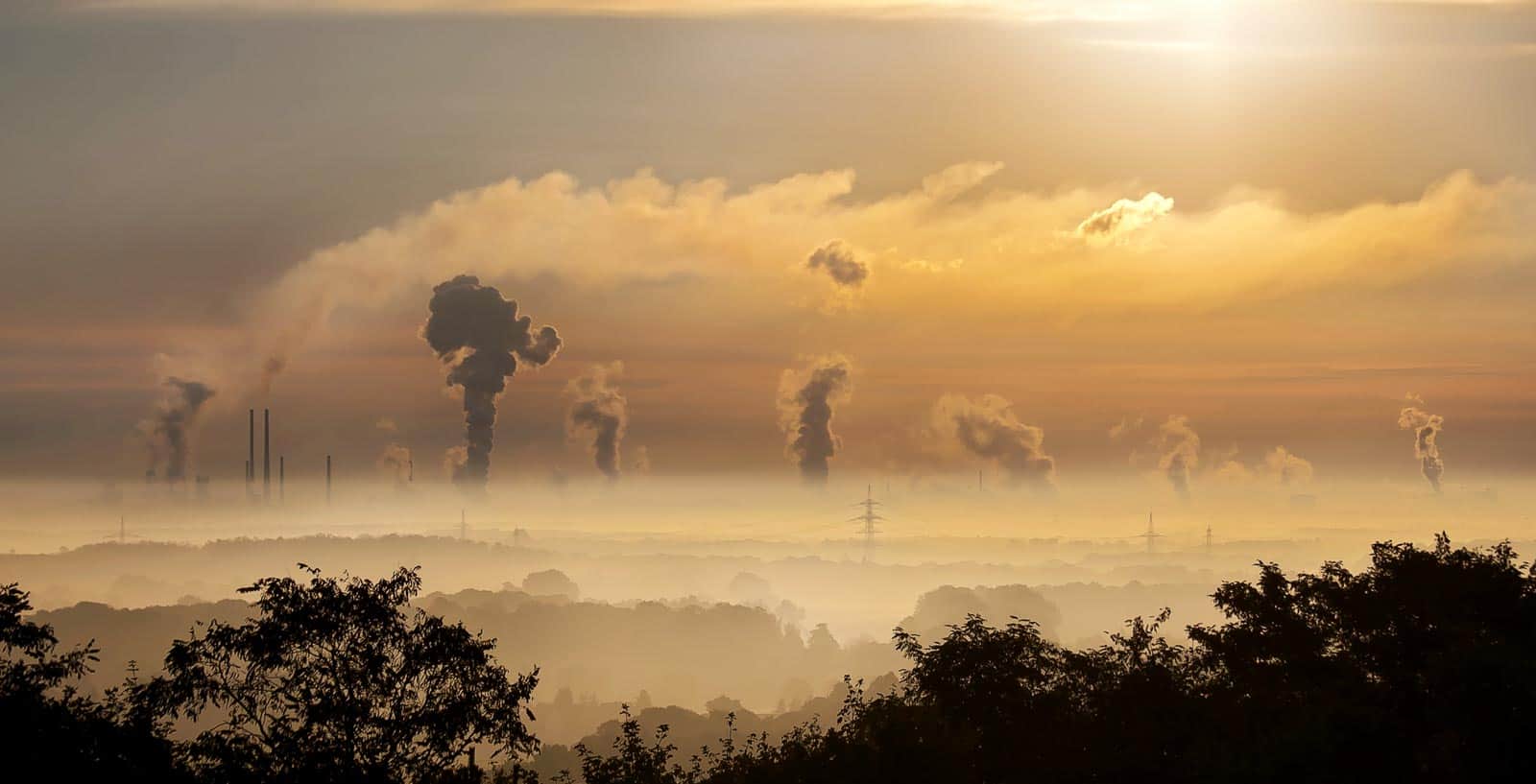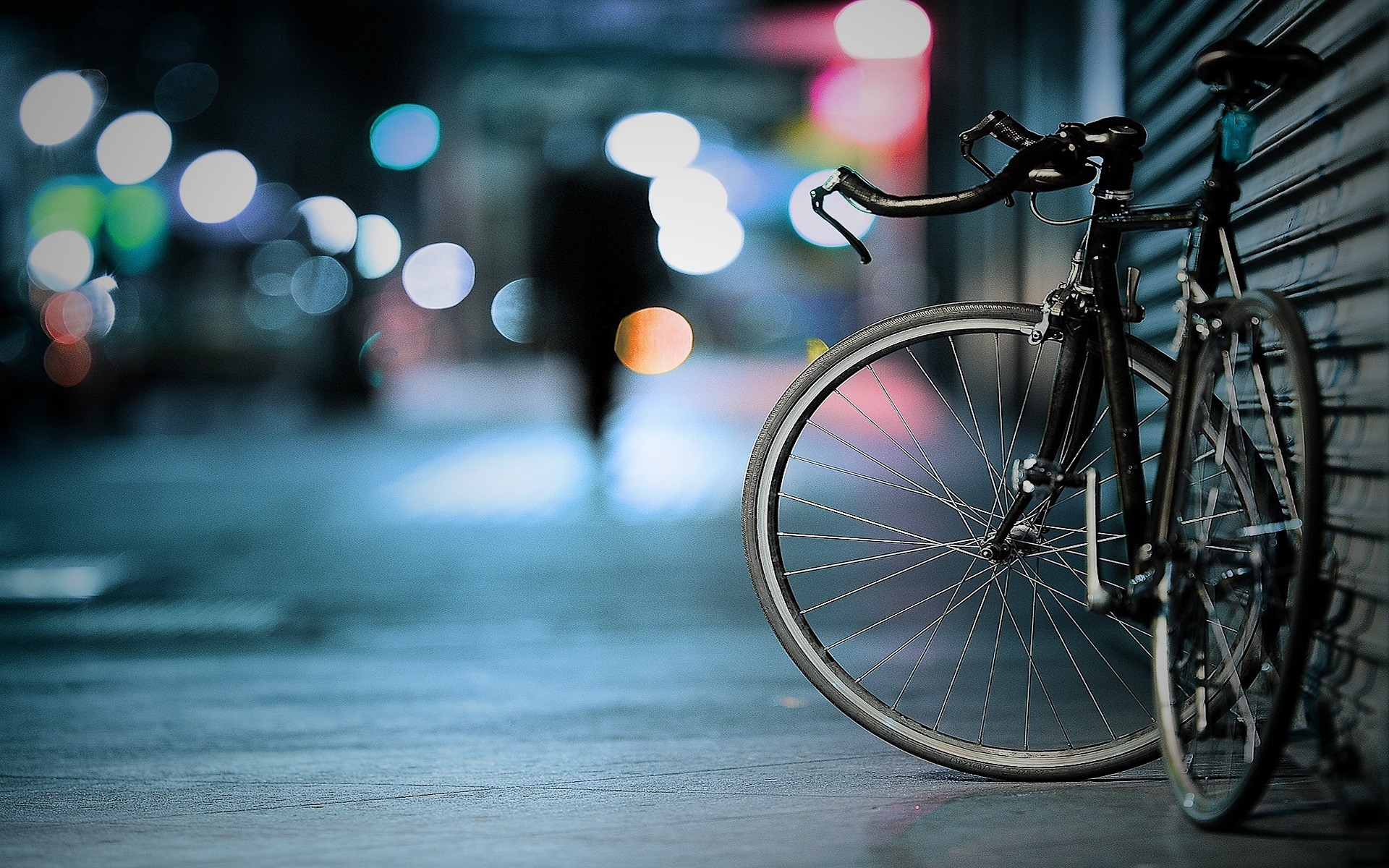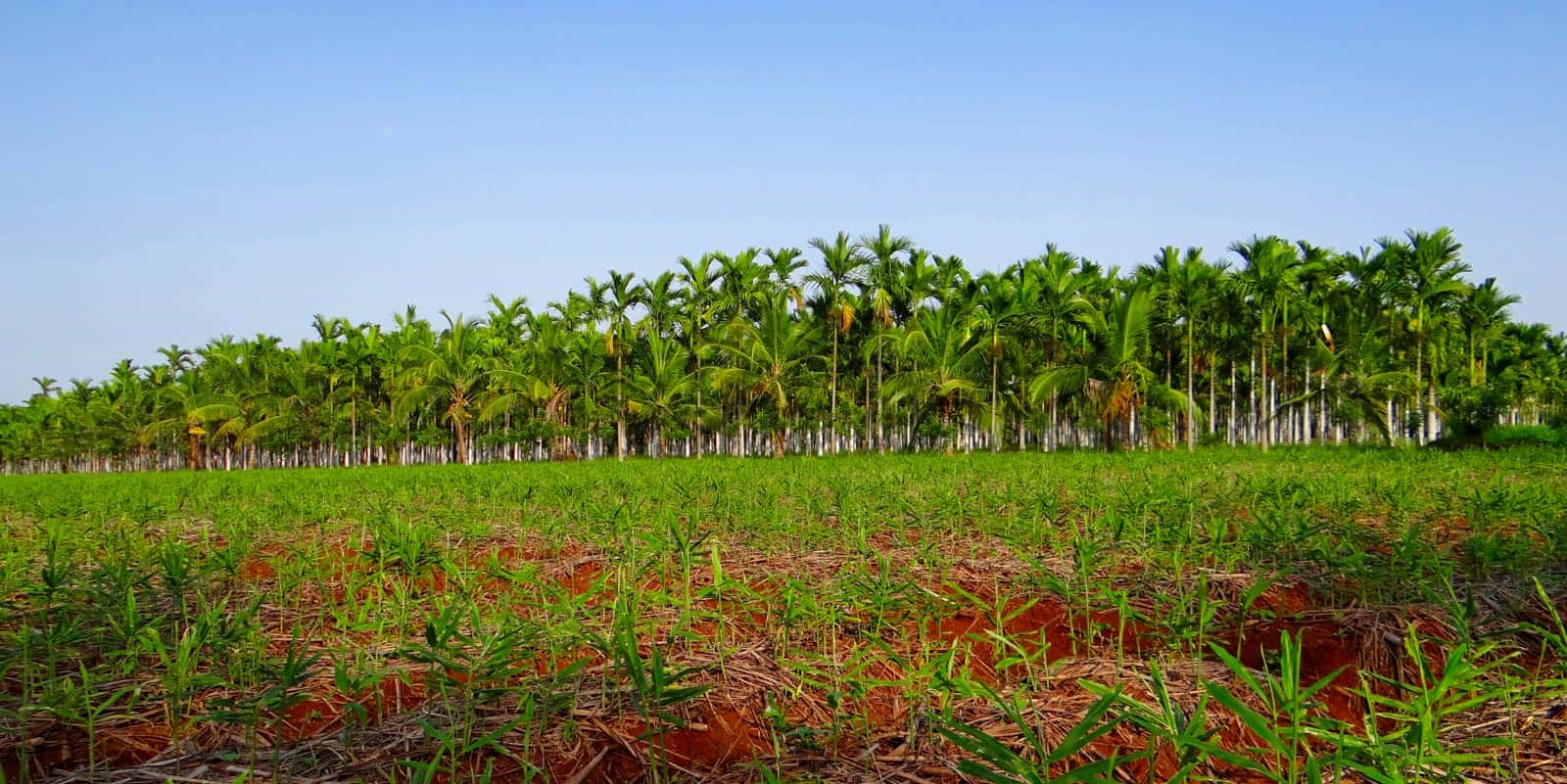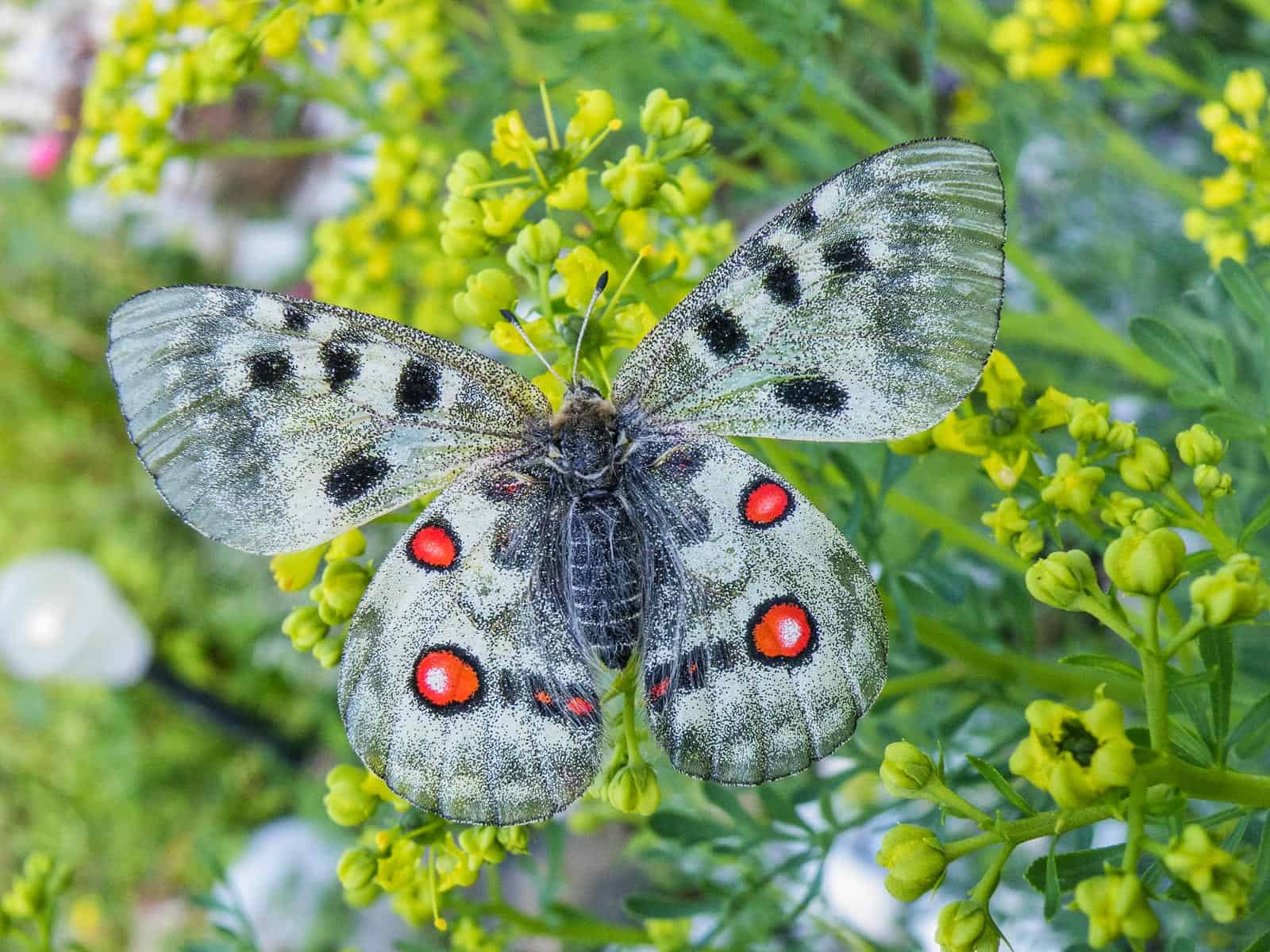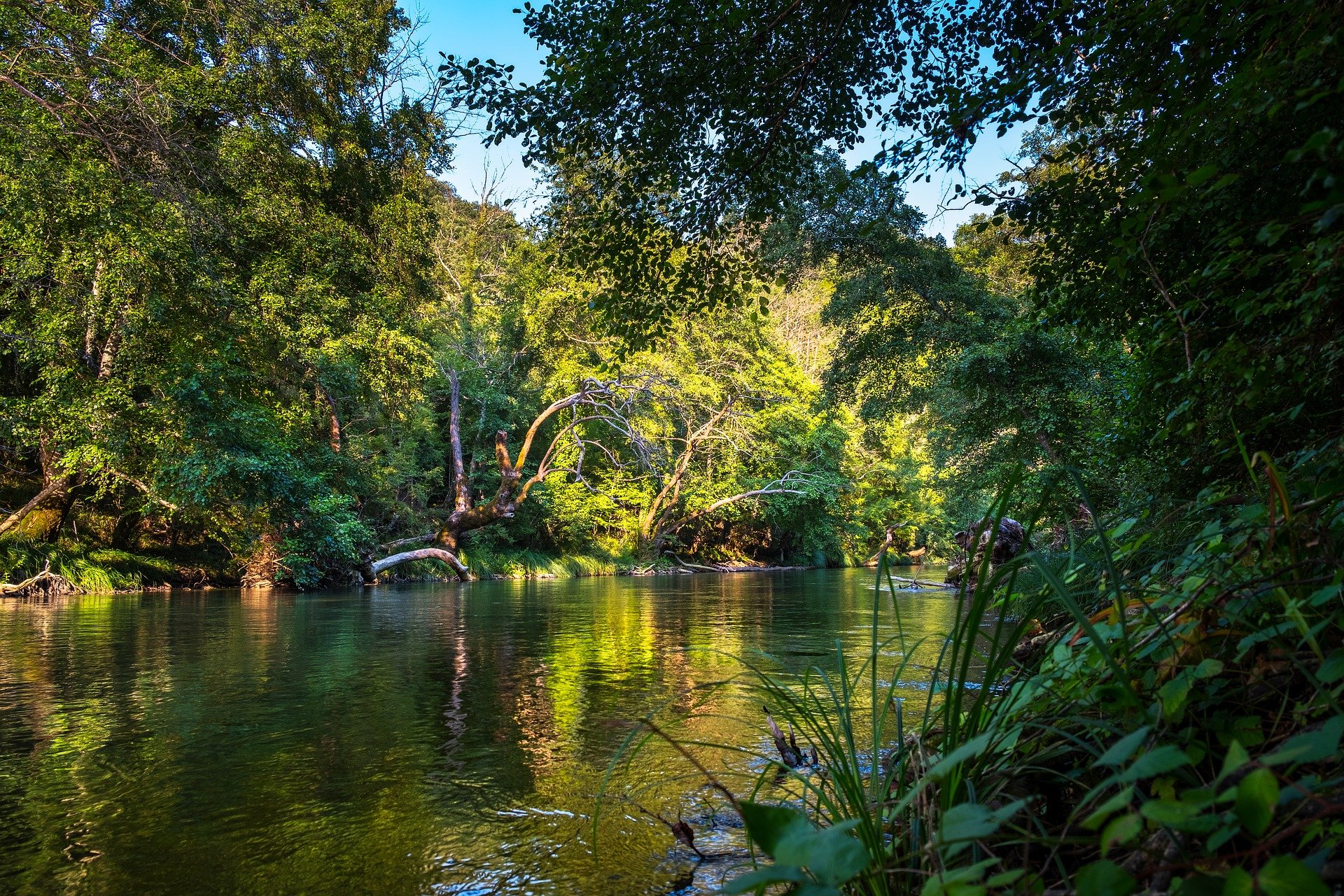Global Recycling Day
Increasing temperatures, deforestation and melting of icecaps are only some of the negative impacts climate change has on our world today. It is high time to act. Natural resources are being used up faster every year and more and more waste is being produced.
All of this impacts human wellbeing: it increases poverty, immigration from displaced communities, job losses and natural habitats are disappearing.
However, it is never too late for making a positive change. One way to help doing so is start recycling and reusing.
For this purpose, the global recycling day was introduced on the 18th of March 2018 to spread the idea of recycling and seeing opportunities instead of garbage. The Global Recycling Foundation’s mission is to tell world leaders that a common approach to recycling is important and needed, as well as a call to action for people to start recycling and up-cycling.
Recycling is also recognised in the UN’s Sustainable Development Goals 2030, as it saves over 700 million tonnes in CO2 emissions. It is a key aspect when it comes to help fight climate change, and it is such a simple task that everyone can try to do in their everyday lives.
It is time to act!
A new disease, discovered in seabirds, has been detected. It is not caused by viruses or bacteria – it is caused by plastic particles. The disease, also called plasticosis, affect birds’ growth, digestion and survival.
A lot of plastic waste, produced and not recycled, ends up in the ocean. There, it endangers species, like seabirds or sea turtles. These animals ingest small pieces of plastic, mistaking them for food, which then inflame the digestive tract. If it does not heal quickly, the inflammation has greater consequences on (stomach and other) tissues of birds.
This is now being investigated by researchers – and shows us just how pressing the issue really is.
This study is the first time that stomach tissue has been investigated in this way and shows that plastic consumption can cause serious damage to these birds’ digestive system.
Mushrooms as plastic replacement
Mushrooms are a very typical example for a diverse and in many contexts usable material. Some fungi have structures and mechanical features that could be used to create a new class of high-performance materials. Some mushrooms have already been used to produce sports equipment, like helmets, electronics or surface coatings for windshields.
One special fungus that is being researched by a team in Finland is the Fomes fungus. Its structure is extraordinary because it can be modified to create diverse materials with various uses. More research is being done, so that hopefully future generations find a way to create more sustainable materials and change how and which materials we consume in the future.
Bans on single use plastic
In Europe, single use plastic is banned since 2021. This is a very important step to decrease plastic pollution, as single use plastic accounts for 50% of the plastic waste found on European beaches. However, there are still many restrictions on this law; for example, only single use plastic for which better, plastic-free alternatives exist, are banned. This means that there is still a lot of plastic products made, which are then just thrown into the garbage. You can see this when you do your weekly shopping: almost everything is packaged in plastic, and a lot of times it is unnecessary packaging.
Moreover, in a lot of countries outside the EU, no such laws are in place. Sri Lanka is one example, which only recently banned single-use plastics. This was announced by the Government in February 2023, following a series of events in which elephants and deer died from plastic poisoning. Non-biodegradable plastic bags were also banned. Just like the seabirds and sea turtles, elephants and deer also ingested plastic waste.
These bags are getting into the food chain of elephants and wildlife and that is not a good thing.
Collectors of recyclable materials
In many developing countries, for example in Brazil, economically disadvantaged people collect recyclable materials from waste. This is an important part of waste management, and it is often overlooked. The people or groups of people pick up materials from households and businesses, which they then sell to recycling firms. These so-called collectors are very important for a more sustainable future as they increase the mass of materials that are going to be recycled.
In Brazil, there are some cooperatives that specialise in collecting recyclable materials. However, the majority of people working for them are not registered and work informally. Even so, they are responsible for almost all the waste that is recycled and ends up as raw materials.
Collectors often face difficult conditions, not just at work but also in society. They are prejudiced for doing a very important job and generally do not receive much support from agencies, the society or the government. Next to the obvious (collecting and separating waste), the collectors also reach areas that are far-off from streets and highways and collect waste there. Moreover, they educate others about recycling, waste management and sustainability. These people should be at the core of environmental initiatives and policies as well as receive the credit they deserve.



